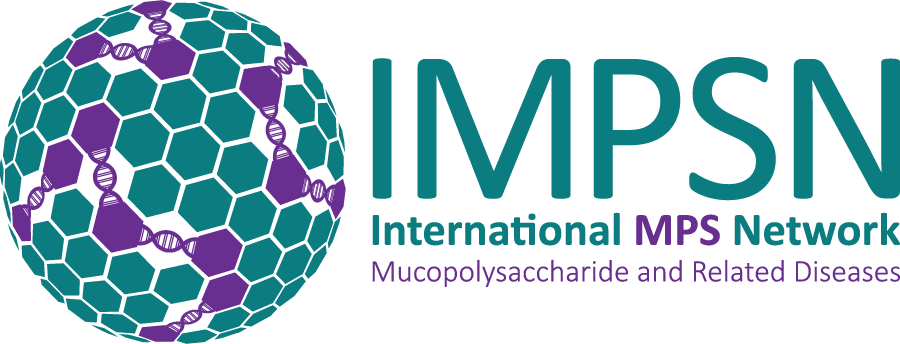Information about MPS diseases.
Mucopolysaccharidoses (MPS) are genetic lysosomal storage diseases (LSD) caused by the body’s inability to produce specific enzymes. The missing or insufficient enzyme prevents cells from recycling waste, resulting in the storage of materials in cells throughout the body. As the disease progresses, there is widespread damage throughout the body, including the heart, bones, joints, respiratory system and central nervous system, leading to a shortened lifespan.
MPS Diseases
The International MPS Society provides support to families and promotes research initiatives that affect the following diseases:
MPS I
MPS II
MPS III
MPS IV
MPS V
MPS V
- Formerly Scheie Syndrome
MPS VI
MPS VII
MPS IX
MPS I
MPS II
MPS III
MPS IV
MPS V
MPS V
- Formerly Scheie Syndrome
MPS VI
MPS VII
MPS IX
Additional Notes:
- MPS V: Previously considered a distinct disorder, now classified as a milder form of MPS I (Scheie Syndrome).
- MPS VIII: This designation is not used for a recognized disorder.
These conditions are all caused by deficiencies in enzymes responsible for breaking down glycosaminoglycans (GAGs), resulting in their accumulation and subsequent damage to cells, tissues, and organs.
To request more information about MPS and related LSD’s please contact us.
